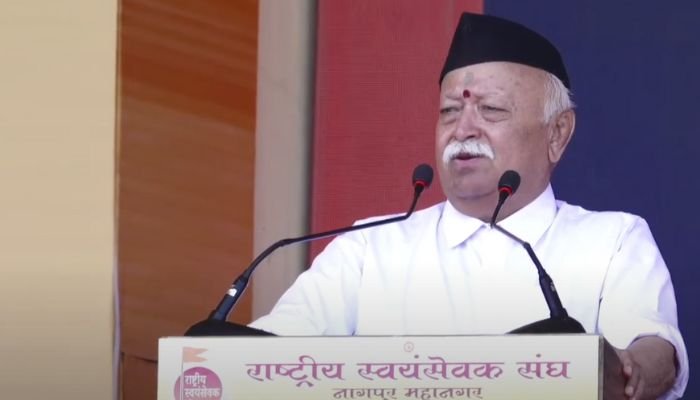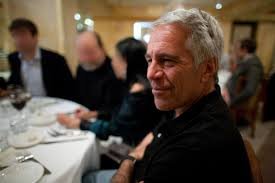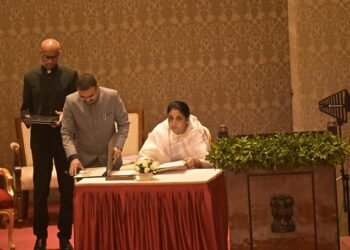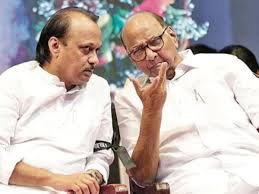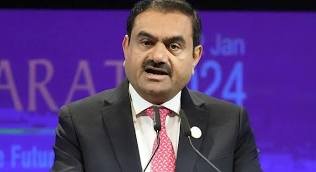Bhagwat invokes Ambedkar’s “grammar of anarchy” to caution against unrest, calling for dialogue and cultural cohesion over violence.
B PC Bureau
October 2, 2025 – On Vijayadashami, marking the triumph of good over evil, Rashtriya Swayamsevak Sangh (RSS) Sarsanghchalak Mohan Bhagwat delivered a forceful and wide-ranging address at the organization’s annual Dussehra rally in Nagpur. This year’s event carried historic weight as the RSS celebrated its centenary, founded on Dussehra in 1925 by Dr. Keshav Baliram Hedgewar.
With former President Ram Nath Kovind as chief guest and thousands of swayamsevaks (volunteers) in attendance, Bhagwat’s 45-minute speech stitched together themes of global economics, regional unrest, national security, and cultural ethos. For the first time, it was translated live into 22 Indian languages and 15 foreign ones, extending its reach to a global audience.
#RSS100Years https://t.co/in73VRviZS pic.twitter.com/cF0qtnLhob
— RSS (@RSSorg) October 2, 2025
Setting the Global Stage: Self-Reliance Amid Shifting Powers
Opening with geopolitics, Bhagwat targeted the United States’ tariff hikes under its new administration. “America’s tariff hikes are designed to protect their own interests, but their shockwaves are felt by the entire world,” he declared, pointedly addressing a hall that included editors from The Washington Post and The Wall Street Journal.
“No nation can survive in isolation,” he added, acknowledging the reality of interdependence, but stressed that it must be based on “strategic willingness, not helpless compulsion.” Self-reliance (Atmanirbharta), he argued, is no slogan but a “strategic imperative” for safeguarding sovereignty.
This emphasis echoed the RSS’s Swadeshi ethos while dovetailing with government initiatives like Production Linked Incentive (PLI) schemes. Bhagwat urged India to fortify domestic manufacturing and innovation, warning that dependency weakens bargaining power in an unpredictable global order.
Lessons from Neighbors: The “Grammar of Anarchy”
Turning to South Asia, Bhagwat reflected on violent upheavals in Bangladesh and Nepal, invoking Dr. B.R. Ambedkar’s warning about the “grammar of anarchy.” He noted that protests in Bangladesh, which spiraled into regime change this August, and deepening ethnic strife in Nepal, both invited external interference.
“True change,” he said, “comes not from episodic chaos but through disciplined evolution of society.” He pointed to the RSS’s own model—83,000 shakhas nationwide—as examples of grassroots organization fostering dialogue, discipline, and shared values.
READ: Wangchuk’s Wife Urges President, PM for His Urgent Release
Governance and Society: A Mirror of the People
Pivoting to domestic concerns, Bhagwat declared: “People get the government they deserve.” Governance, he stressed, is not merely a function of institutions but of the collective ethics of society.
“A system changes only when you do,” he said, urging swayamsevaks to embody values of discipline, integrity, and service (seva). By linking character-building (charitra nirmaan) to national progress, Bhagwat underscored the RSS belief that citizens shape the leaders they elect.
Vigilance Without Vigilantism: Operation Sindoor
On security, Bhagwat praised India’s armed forces for “Operation Sindoor,” the decisive counter-terror strike following the Pahalgam terror attack in Jammu and Kashmir that killed 26 Hindu pilgrims. The operation, he said, revealed “the valor of our forces, the resolve of leadership, and the unity of society.”
Yet he cautioned against vigilante justice: “Turning minor offenses into mob violence through deliberate provocation undermines law and stability.” Preparedness and constitutional fidelity, he argued, must go hand in hand.
Cultural Unity: Respecting Diversity, Rejecting Division
Bhagwat placed cultural cohesion at the heart of his vision. “Places of worship must never be disrespected; this responsibility belongs to all citizens,” he said, rejecting polarization while reaffirming the RSS’s stance for harmony.
He urged Hindus to transcend caste divides by embracing shared celebrations like Valmiki Jayanti and Ravidas Jayanti, reiterating that “unity is our strength; a divided nation cannot stand.” His call for a Hindu Rashtra, he clarified, meant a cultural nation grounded in inclusivity, not theocracy.
The Centenary Blueprint: From Legacy to Action
Looking ahead, Bhagwat highlighted the RSS’s century-long journey from a single shakha in Nagpur to a global network active in disaster relief, education, and rural development. But he also warned of new threats—climate-driven Himalayan fragility, demographic shifts, and “asuri” (demonic) cultural forces.
“True leadership,” he concluded, “is expressed less through power and more through living the values one wishes to see.”
Reactions and Resonance
The speech, amplified worldwide through digital platforms, drew mixed reactions. RSS cadres hailed its pragmatism and vision, while opposition figures like Congress leader Udit Raj criticized the organization, calling it a “terrorist body.” Still, the centenary address has sharpened debate over self-reliance, unity, and India’s role in a fractious world.
As effigies of Ravana burned at the rally grounds, Bhagwat’s words lingered: a centenary call for vigilance, integrity, and cultural strength. At this crossroads, he suggested, both the RSS and India must not only endure but inspire.



